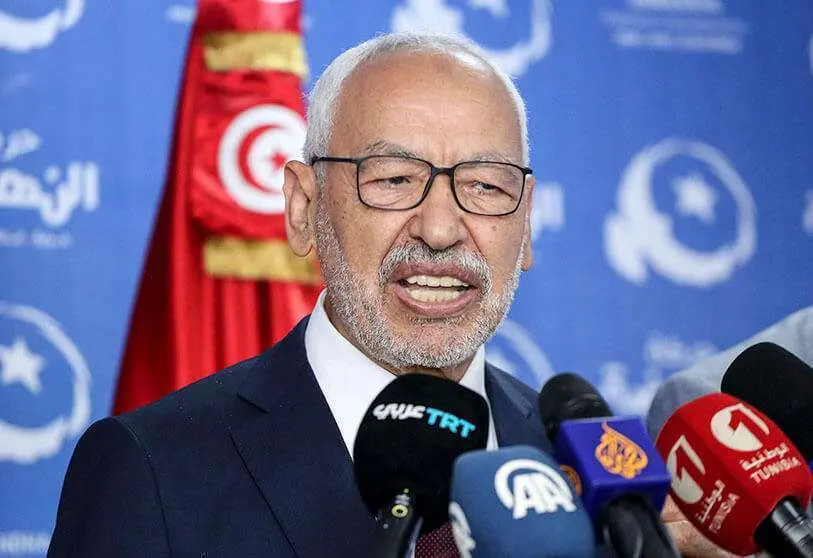That' s how the Muslim Brotherhood seeks to supplant the Tunisian state

The Muslim Brothers seem ready to replace the official structures in Tunisia. Through its political arm in the country, the Ennahdha party, the Islamist movement is threatening to gradually take over the functions reserved for public institutions. The last example relates to 'zakat', the mechanism that has been observed in traditional Islamic societies for the collection of taxes.
According to the Emirate newspaper Al Ain, the municipality of Al-Karam, a coastal town near the capital located between the port of La Goulette and the ruins of Carthage, has implemented a system of public fundraising based on the 'zakat', prescribed by the Koran as one of the pillars of the faith. The consistory, dominated by Ennahdha, has thus established a mechanism that is not under state supervision, since it is not part of the system dictated by the ministries of finance and social affairs.

The collection of zakat also goes against the Tunisian Constitution, which, in Article 137, states that the management of resources by the local authority must always be carried out within the official budgetary framework and in accordance with rules of good financial governance.
Why is it significant that Ennahdha took this step in a small town? Basically, this movement suggests the willingness of the party leaders to undermine the country's secularized institutions and replace them with others where religion and public power go hand in hand.
Moreover, the money collected through zakat is not subject to any control by the administration. For this reason, such a mechanism could serve to camouflage the entry into the country of money flows from other members of the Brotherhood around the world without being monitored.

These amounts could be invested by Brotherhood members in financing their own purposes. At the social level, Ennahdha has been responsible for spreading the most restrictive views of Islam in Tunisia through mosques, Koranic schools or organizations disguised as charities. This modus operandi is quite characteristic of entities that finance Islamist groups.
The Al-Karm case might not be the only one. Some politicians critical of the Muslim Brotherhood warn that this practice is longstanding and responds to a carefully considered strategy. "[ Ennahdha] has ruined the social fabric in Tunisia since 2011, by introducing foreign associations to distribute aid to Tunisians and using it as a religious motive to achieve political purposes that are mainly terrorist," Abeer Mousa, the leader of the Free Constitutional Party, tells Al-Ain. She has already announced that her group will denounce the practice set up by the Al-Karm council to prevent further transgressions of the law.

Currently, the party and its leader, the Speaker of Parliament Rached Ghannouchi, have been in contact with prominent members of the Turkish and Qatari governments to promote the interests of the Libyan Islamists in the Government of National Accord (GNA). Under the leadership of the Tripoli and Ankara administrations, thousands of Syrian fighters are fighting under various jihadist terrorist groups.
It remains to be seen whether President Kaïs Saied will make any statement on this episode. So far, the head of state has been more than permissive of the Ennahdha leadership, since, as the parliamentary group with the most support, it needs their backing in order to pass legislation. Pressure is growing from secularist parties and activists for Saied to sever his ties with the Islamists as much as possible, for fear of potential involvement in the war in the neighbouring country.








